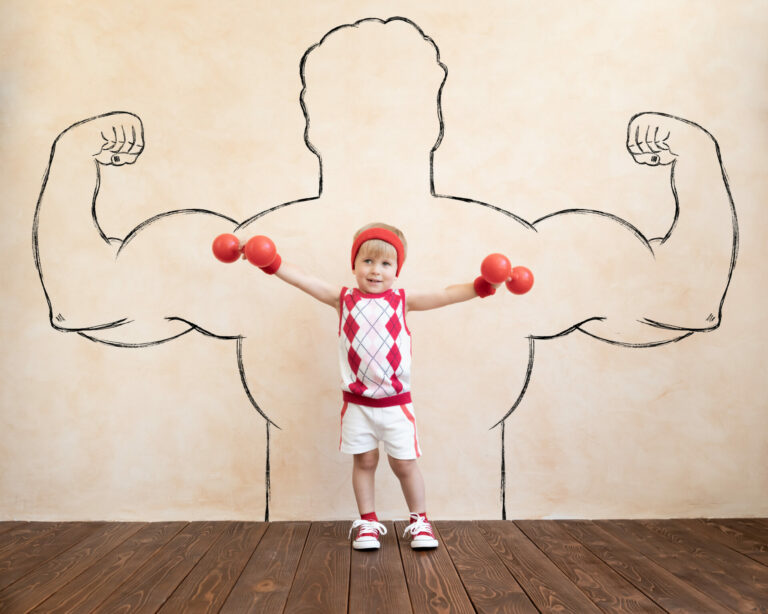References
Earles, S. (2022, October 23). Anger and memory loss. Arizona Family Counseling.
Gobbel, R. (2022, November 8). Influence behaviors, not control. RobynGobbel.com.
Holland, K. (2021, September 17). Amygdala hijack: When emotion takes over. Healthline.
Seeman, G. (2009, May 21). Know thyself: The role of awareness in psychotherapy. GoodTherapy.




